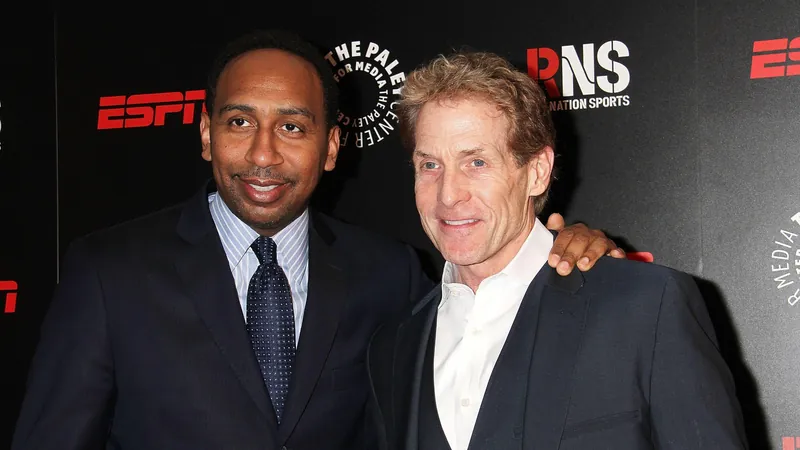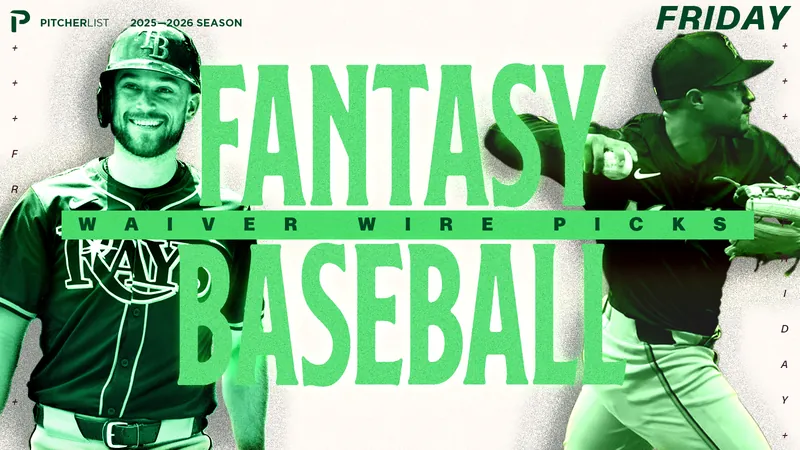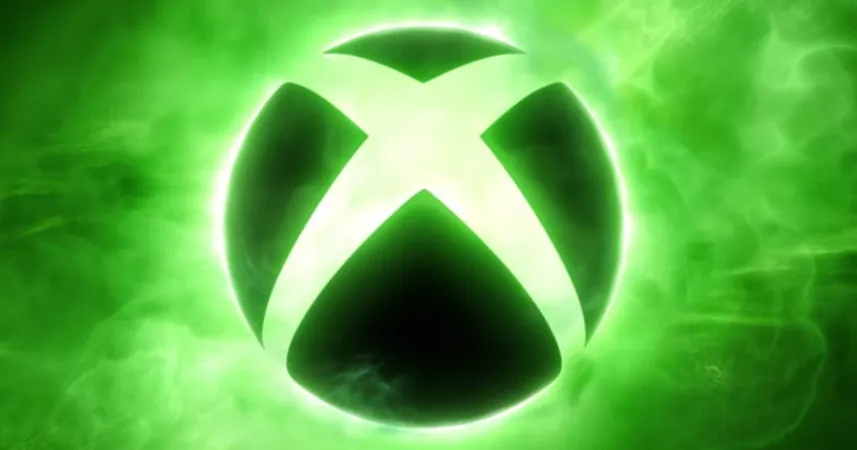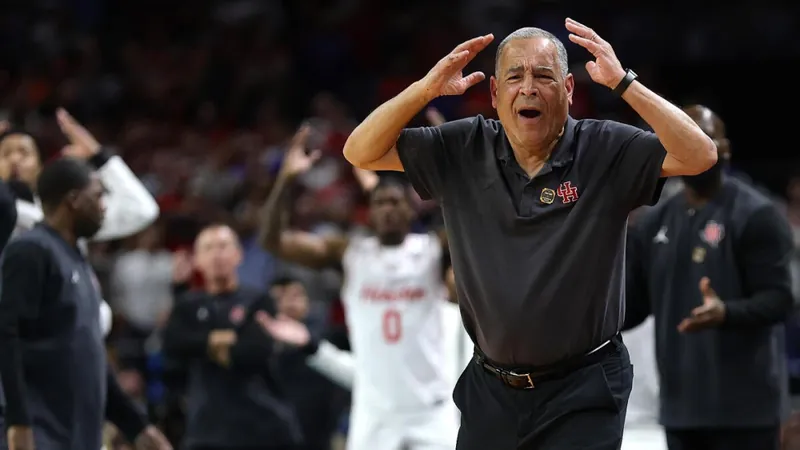
The Epic Saga of LeBron James and His Media Critics: A Closer Look
2025-03-28
Author: Wai
LeBron James, a name synonymous with basketball greatness, has captivated audiences since he entered the NBA as a teenager. Over the years, he has not only lived up to the hype but has also transcended it, becoming a central figure in discussions around the sport, often labeled as one of the greatest basketball players of all time. Yet, this level of fame comes with its own set of challenges, particularly intense scrutiny from critics both on and off the court.
Throughout his career, James has faced numerous criticisms and has often been the target of media banter, with many commentators eager to showcase their take, sometimes bordering on personal attacks. In recent years, this scrutiny has intensified, particularly in his ongoing feud with ESPN's very own Stephen A. Smith.
One notable voice in the LeBron discourse has been Minnesota Timberwolves star Anthony Edwards, who reflected on the relentless criticism directed at James, stating in a 2021 Instagram story that he has never seen an athlete be so savagely criticized. Edwards lamented that the constant slander might overshadow the appreciation for James' greatness once he retires, underscoring the toxic environment surrounding the superstar.
Critics in the Spotlight: Big Names Taking Shots at LeBron
While many sports commentators critique LeBron's playstyle and decisions, a select group has gained notoriety for their pointed criticisms:
Bill Simmons
A lifetime Boston sports fan, Simmons has had a complex relationship with LeBron, swinging between admiration and outright skepticism. His early comments during the 2003 NBA draft hinted at a lack of respect, but as time passed, Simmons offered some constructive analysis. Despite expressing an outrageous prediction in his 2009 book, "The Book of Basketball," about James potentially burning out like other fast-rising stars, Simmons has acknowledged LeBron's ability to prove naysayers wrong, especially after three NBA championships and multiple MVP awards.
Adrian Wojnarowski
Wojnarowski, known for breaking news like no other, has also not shied away from offering sharp critiques. Earlier in LeBron's career, he slammed him for not congratulating the Orlando Magic after a playoff loss, but more recently, he defended James amidst the increasing scrutiny on nepotism regarding his son, Bronny James. This back-and-forth illustrates the complexities of Wojnarowski’s relationship with LeBron, which has ranged from harsh critique to fair advocacy.
Laura Ingraham
The Fox News host made headlines when she criticized LeBron for expressing his political views. Her infamous remark, “Shut up and dribble,” sparked an immediate backlash, with LeBron firmly pushing back, emphasizing his influence as a role model. This incident highlighted the broader debate on athletes engaging in political discourse and the expectations placed on them by both the public and media.
Stephen A. Smith
As arguably the most visible sports commentator, Stephen A. Smith has had his fair share of heated moments with LeBron. From speculation around Kyrie Irving's departure from the Cavaliers to a recent exchange where James confronted him over past remarks about his son, their dynamic is emblematic of the larger conversation surrounding athletes and media. Smith's bold statements often stoke public interest, but they also contribute to the divisive nature of sports commentary today.
Skip Bayless
Skip Bayless has built a career around critiquing James, often leveraging controversy to capture attention. His relentless trolling has included everything from questioning LeBron's mentality to dismissing his championship wins. Bayless’ narrative often remains critical, regardless of LeBron's accomplishments, showcasing an almost obsessive focus that has captivated viewers but also sparked widespread debate about journalistic integrity and the responsibility of media personalities.
As the NBA continues to evolve, so too will the narratives crafted around its stars. The divide in commentary reflects broader societal issues, including race, celebrity culture, and the responsibility of public figures. Yet, as criticisms fly, one thing remains clear: LeBron James is not just a player; he is an embodiment of the multifaceted nature of modern celebrity—beloved by many, scrutinized by others, and always at the center of the conversation. The relationship between LeBron and his critics, particularly media figures, exemplifies a cultural phenomenon that transcends sports, resonating with audiences far beyond the basketball court.
As long as LeBron continues to make headlines, one can expect the cycle of praise and critique to remain just as vigorous—maintaining his position as not only a superstar on the court but also a lightning rod in public discourse.




 Brasil (PT)
Brasil (PT)
 Canada (EN)
Canada (EN)
 Chile (ES)
Chile (ES)
 Česko (CS)
Česko (CS)
 대한민국 (KO)
대한민국 (KO)
 España (ES)
España (ES)
 France (FR)
France (FR)
 Hong Kong (EN)
Hong Kong (EN)
 Italia (IT)
Italia (IT)
 日本 (JA)
日本 (JA)
 Magyarország (HU)
Magyarország (HU)
 Norge (NO)
Norge (NO)
 Polska (PL)
Polska (PL)
 Schweiz (DE)
Schweiz (DE)
 Singapore (EN)
Singapore (EN)
 Sverige (SV)
Sverige (SV)
 Suomi (FI)
Suomi (FI)
 Türkiye (TR)
Türkiye (TR)
 الإمارات العربية المتحدة (AR)
الإمارات العربية المتحدة (AR)